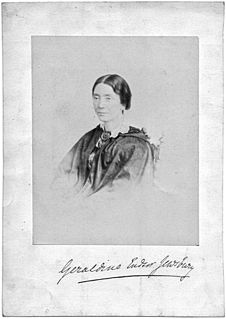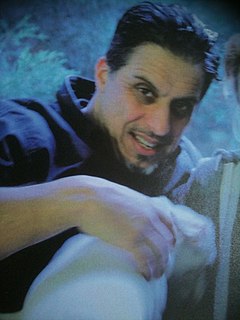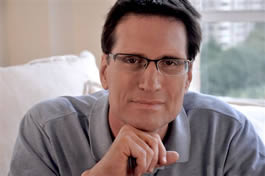A Quote by Geraldine Jewsbury
There is no wisdom equal to that which comes after the event.
Related Quotes
Death is a solemn event for everyone. It is the winding up of all earthly plans and expectations. It is a separation from all we have loved and lived with. It is often accompanied by much bodily pain and distress. It opens the door to judgement and eternity - to heaven or to hell. It is an event after which there is no change, or space for repentance.
If an event can be produced by a number n of different causes, the probabilities of the existence of these causes, given the event (prises de l'événement), are to each other as the probabilities of the event, given the causes: and the probability of each cause is equal to the probability of the event, given that cause, divided by the sum of all the probabilities of the event, given each of the causes.
This is not remarkable, for, as we know, reality is not a function of the event as event, but of the relationship of that event to past, and future, events. We seem here to have a paradox: that the reality of an event, which is not real in itself, arises from the other events which, likewise, in themselves are not real. But this only affirms what we must affirm: that direction is all. And only as we realize this do we live, for our own identity is dependent upon this principal.
Surely the memory of an event cannot pass for the event itself. Nor can the anticipation. There is something exceptional, unique, about the present event, which the previous, or the coming do not have. There is livingness about it, an actuality; it stands out as if illumined. There is the "stamp of reality" on the actual, which the past and future do not have.
You have to understand that PTSD has to be an event that you experience, a very traumatic event. And actually, there is evidence that brain chemistry changes during this event in certain individuals where it's imprinted indelibly forever and there's an emotion associated with this which triggers the condition.
The United States of America was originally an experiment. But it was an experiment in recognizing God-given individual liberty and creating a government in which we no one is deemed better than another. And in which all of us are equal. Not equal in abilities, but equal in intrinsic worth and value.
We do not receive wisdom, we must discover it for ourselves, after a journey through the wilderness which no one else can make for us, which no one can spare us, for our wisdom is the point of view from which we come at last to regard the world. The lives that you admire, the attitudes that seem noble to you, have not been shaped by a paterfamilias or a schoolmaster, they have sprung from very different beginnings, having been influenced by evil or commonplace that prevailed round them. They represent a struggle and a victory.
What do we mean by the word 'wisdom'? Usually we mean something superior to knowledge, something deeper. In the spiritual world, the word 'wisdom' is not used in that way. Here wisdom means Light, illumining Light, transforming Light. That which illumines our unlit consciousness is wisdom. That which transforms the finite consciousness into the infinite Consciousness is called wisdom.
Balance is the key to my serenity. I attain balance by listening to my inner wisdom and to the wisdom of others. There is no situation in which I cannot find a point of balance. There is no circumstance in which I cannot find inner harmony. As I ask to be led into equilibrium and clarity, I will find that my answers come to me. I am wiser than I know, more capable of right action and attitudes than I yet believe. In every event, I seek the balance point of God's action through me.






































